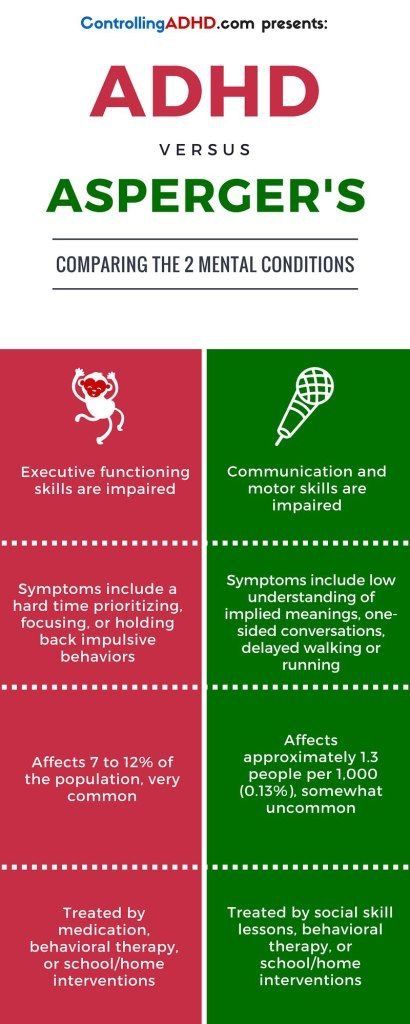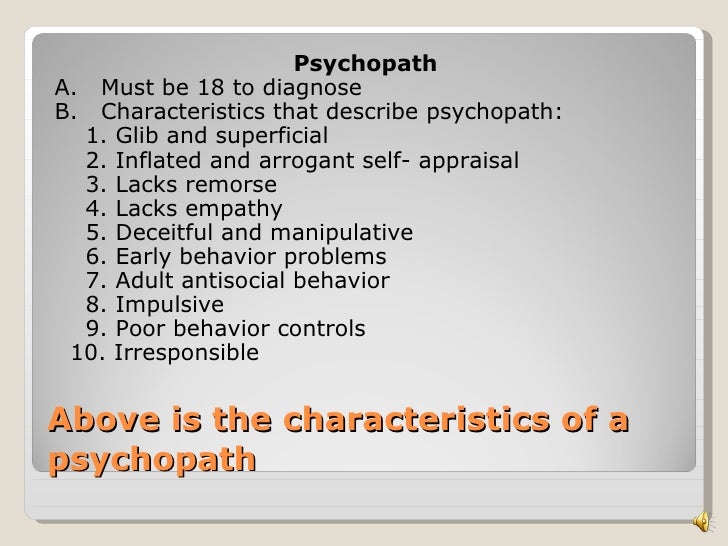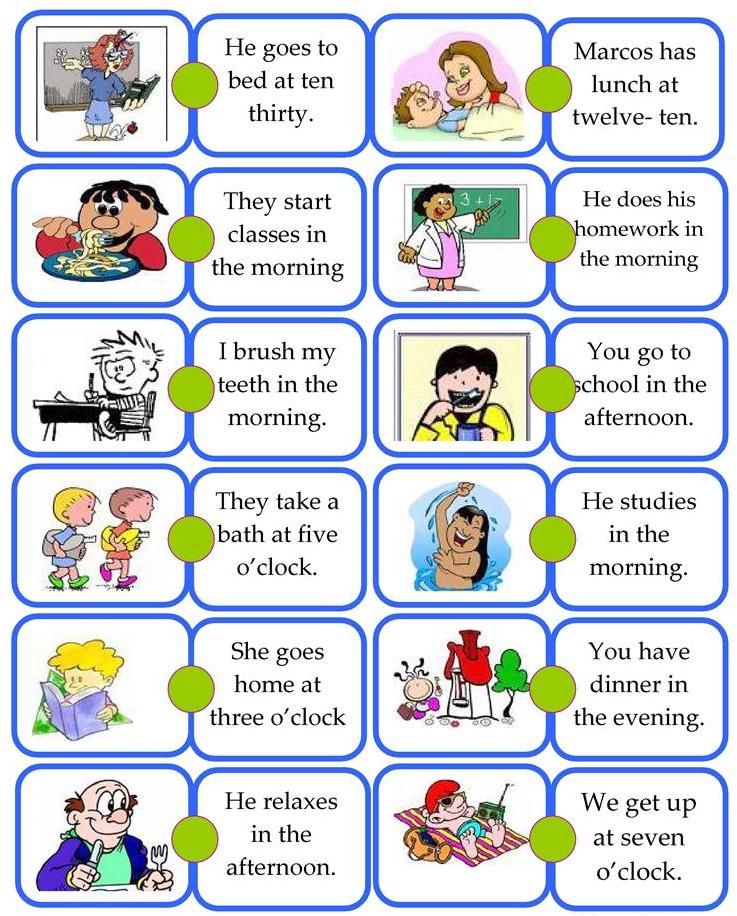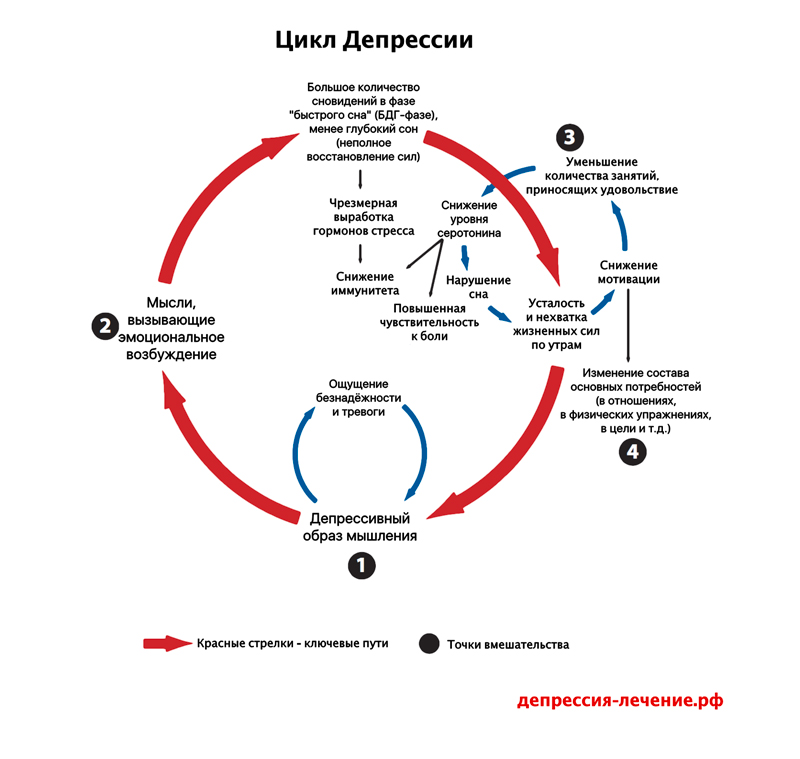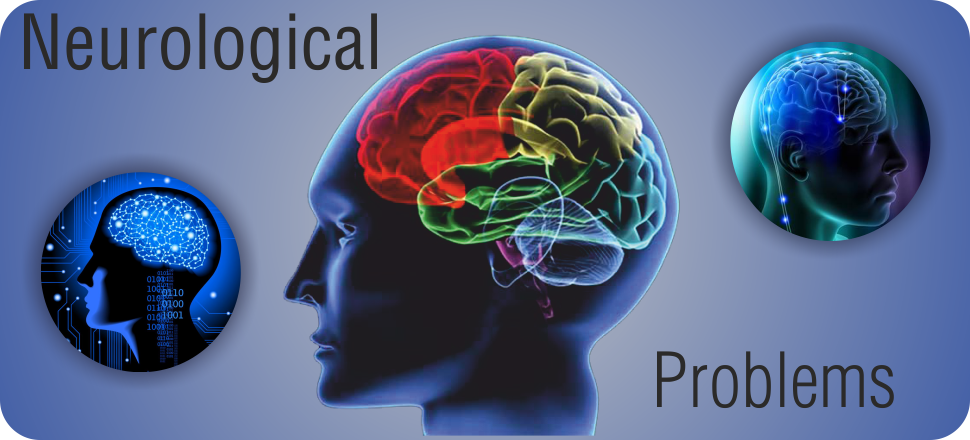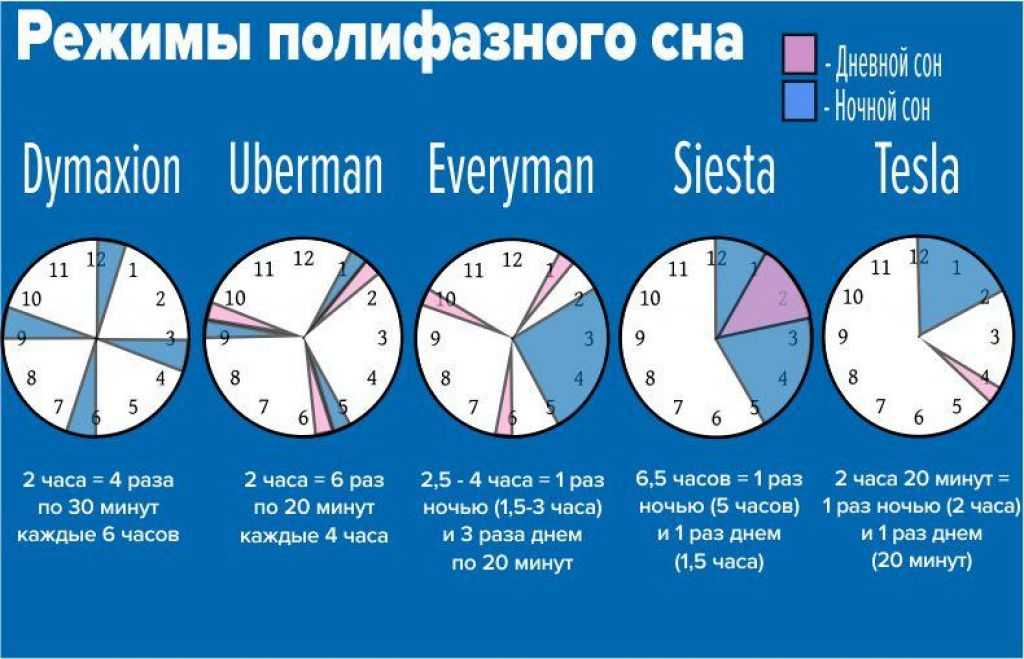Aspergers vs hfa
The Difference Between Aspergers and High-Functioning Autism
Search This Site
Followers
The Difference Between Aspergers and High-Functioning Autism
"What's the difference between Asperger's Syndrome and High-Functioning Autism?"
The short answer is: "very little, if any." And in the DSM-5, which comes out in May of 2013, Aspergers will be referred to as "High-Functioning Autism" (HFA).
Aspergers and HFA are currently considered separate diagnoses along the spectrum of autistic disorders. Even so, there are many similarities between the disorders so that some consider them to be different labels for the same condition.
Both those with Aspergers and HFA have difficulties with sensory functioning and can't tolerate certain noises or certain kinds of tactile stimuli. By definition, those with either disorder have an IQ which is at, near or above the normal intelligence range.
Both conditions involve a child or adult who has learned to function in society or in their surroundings by relying on the skills they happen to be good at.
Children with Aspergers and HFA think better in visual terms. They see pictures in their heads when recalling something and don’t have a particularly good ability to think in words. Both diagnoses are associated with a relative inability to understand nonverbal cues and facial expressions.
The primary difference noted in the diagnostic criteria for each disorder is the finding of a greater speech delay in children with HFA when compared to those with Aspergers. Others feel this represents a continuum and that this shouldn’t be enough to establish one diagnosis over another. Albert Einstein, for example, was felt to have characteristics of Aspergers, yet he didn’t speak until he was three years old.
Unfortunately, there are no specific blood tests or other diagnostic tests to differentiate between the two diagnoses.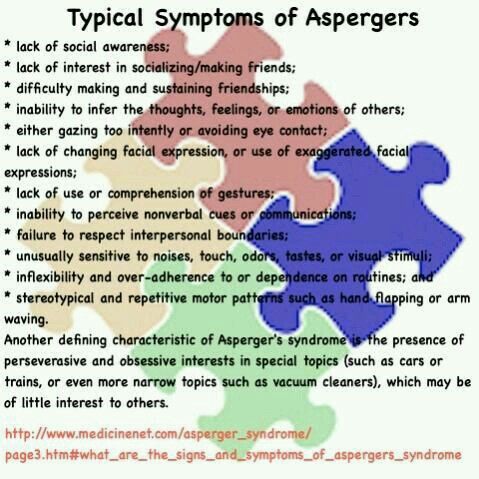 Instead the diagnosis is based on clinical judgment and observation. Some children with tentative HFA will catch up on verbal skills and will carry the same diagnostic appearance that Aspergers individuals do. Their IQ may be at least as high as other children labeled with Aspergers.
Instead the diagnosis is based on clinical judgment and observation. Some children with tentative HFA will catch up on verbal skills and will carry the same diagnostic appearance that Aspergers individuals do. Their IQ may be at least as high as other children labeled with Aspergers.
Children with Aspergers and HFA are both high functioning and, in general, they can all read, write, speak and understand. In the end, the final subtleties between the two diagnoses may just be a matter of semantics and may not represent a true difference in diagnoses. And, as stated earlier, an Aspergers diagnosis will be an HFA diagnosis starting next year.
Highly Acclaimed Parenting Programs Offered by Online Parent Support, LLC:
==> How To Prevent Meltdowns and Tantrums In Children With High-Functioning Autism and Asperger's
==> Parenting System that Significantly Reduces Defiant Behavior in Teens with Aspergers and High-Functioning Autism
==> Launching Adult Children with Asperger's and High-Functioning Autism: Guide for Parents Who Want to Promote Self-Reliance
==> Teaching Social Skills and Emotion Management to Children and Teens with Asperger's and High-Functioning Autism
==> Parenting Children and Teens with High-Functioning Autism: Comprehensive Handbook
==> Unraveling The Mystery Behind Asperger's and High-Functioning Autism: Audio Book
Newer Post Older Post Home
Subscribe to: Post Comments (Atom)
My child has been rejected by his peers, ridiculed and bullied !!!
Social rejection has devastating effects in many areas of functioning. Because the ASD child tends to internalize how others treat him, rejection damages self-esteem and often causes anxiety and depression. As the child feels worse about himself and becomes more anxious and depressed – he performs worse, socially and intellectually.
Because the ASD child tends to internalize how others treat him, rejection damages self-esteem and often causes anxiety and depression. As the child feels worse about himself and becomes more anxious and depressed – he performs worse, socially and intellectually.
Click here to read the full article…
How to Prevent Meltdowns in Children on the Spectrum
Meltdowns are not a pretty sight. They are somewhat like overblown temper tantrums, but unlike tantrums, meltdowns can last anywhere from ten minutes to over an hour. When it starts, the Asperger's or HFA child is totally out-of-control. When it ends, both you and your child are totally exhausted. But... don’t breathe a sigh of relief yet. At the least provocation, for the remainder of that day -- and sometimes into the next - the meltdown can return in full force.
Click here for the full article...
Parenting Defiant Teens on the Spectrum
Although Aspergers [high-functioning autism] is at the milder end of the autism spectrum, the challenges parents face when disciplining a teenager on the spectrum are more difficult than they would be with an average teen.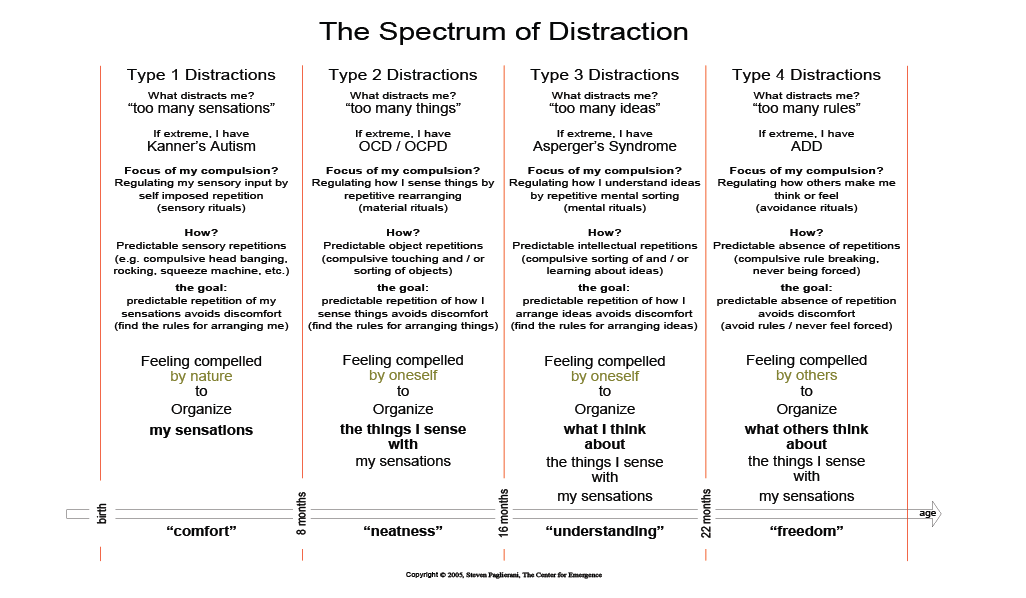 Complicated by defiant behavior, the teen is at risk for even greater difficulties on multiple levels – unless the parents’ disciplinary techniques are tailored to their child's special needs.
Complicated by defiant behavior, the teen is at risk for even greater difficulties on multiple levels – unless the parents’ disciplinary techniques are tailored to their child's special needs.
Click here to read the full article…
Older Teens and Young Adult Children with ASD Still Living At Home
Your older teenager or young “adult child” isn’t sure what to do, and he is asking you for money every few days. How do you cut the purse strings and teach him to be independent? Parents of teens with ASD face many problems that other parents do not. Time is running out for teaching their adolescent how to become an independent adult. As one mother put it, "There's so little time, yet so much left to do."
Click here to read the full article…
Parenting Children and Teens with High-Functioning Autism
Two traits often found in kids with High-Functioning Autism are “mind-blindness” (i.e., the inability to predict the beliefs and intentions of others) and “alexithymia” (i.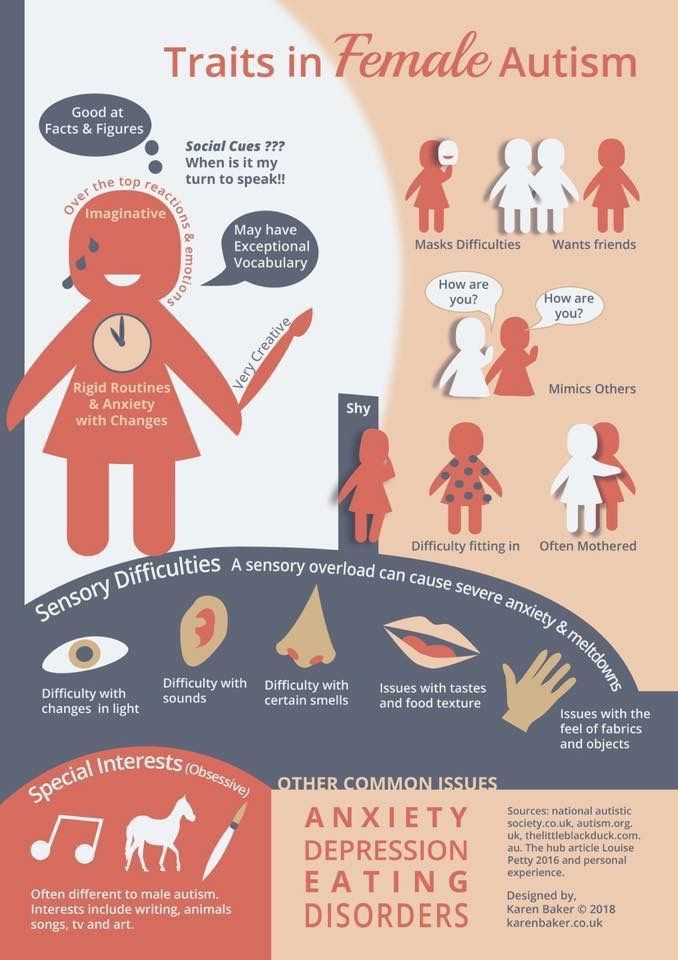 e., the inability to identify and interpret emotional signals in others). These two traits reduce the youngster’s ability to empathize with peers. As a result, he or she may be perceived by adults and other children as selfish, insensitive and uncaring.
e., the inability to identify and interpret emotional signals in others). These two traits reduce the youngster’s ability to empathize with peers. As a result, he or she may be perceived by adults and other children as selfish, insensitive and uncaring.
Click here to read the full article...
Highly Effective Research-Based Parenting Strategies for Children with Asperger's and HFA
Become an expert in helping your child cope with his or her “out-of-control” emotions, inability to make and keep friends, stress, anger, thinking errors, and resistance to change.
Click here for the full article...
Asperger’s Syndrome vs. High-Functioning Autism
Note: At the time of this article Asperger’s was a separate diagnosis, however, it is no longer used and falls within the broader ASD diagnosis with a higher functioning level.
Autism is a pervasive developmental disorder and the fastest-growing developmental disability among children. Learning that your child has been diagnosed with autism spectrum disorder (ASD) can be a shock, and it is overwhelming to parents who do not yet understand what the diagnosis will mean for their child and how they can help. Even more frustrating for some parents is that within ASD are two separate diagnoses that are often used interchangeably by medical professionals, despite key differences between them. Asperger’s Syndrome (AS) and High-Functioning Autism (HFA) are singular diagnoses with differences in language development, age of onset, and cognitive function.
Learning that your child has been diagnosed with autism spectrum disorder (ASD) can be a shock, and it is overwhelming to parents who do not yet understand what the diagnosis will mean for their child and how they can help. Even more frustrating for some parents is that within ASD are two separate diagnoses that are often used interchangeably by medical professionals, despite key differences between them. Asperger’s Syndrome (AS) and High-Functioning Autism (HFA) are singular diagnoses with differences in language development, age of onset, and cognitive function.
History of Asperger’s Syndrome and High-Functioning Autism
Asperger’s Syndrome, identified in the 1940s by Hans Asperger, is a subgroup within the autism spectrum in which children display far more significant motor skill delays and obsessive interests, yet fewer issues with speech delays. Asperger’s is more noticeable in boys.
High-Functioning Autism specifically applies to children with autism who have an IQ of 70 or higher and exhibit milder symptoms.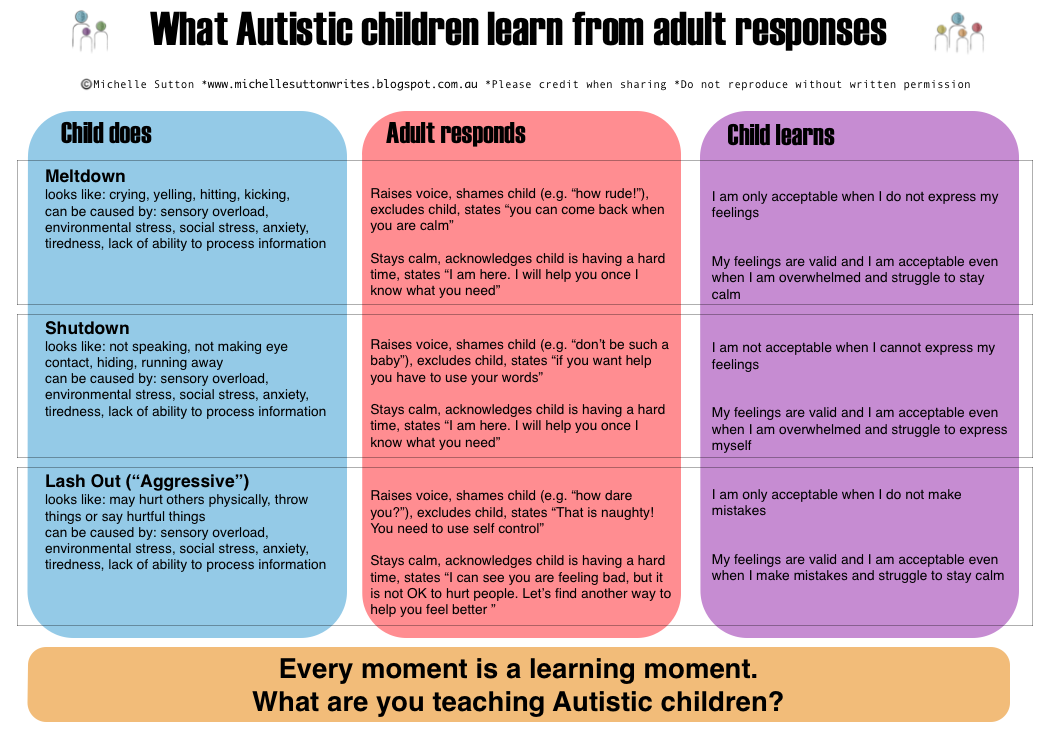 For example, these children exhibit fewer language delays, few to no cognitive deficits, and better spatial skills. The most significant difference for children with High-Functioning Autism is that they do not have intellectual disabilities.
For example, these children exhibit fewer language delays, few to no cognitive deficits, and better spatial skills. The most significant difference for children with High-Functioning Autism is that they do not have intellectual disabilities.
Asperger’s Syndrome and High-Functioning Autism do have some significant differences. Knowing the differences can help you better attend to your child’s needs.
Language Development
Both Asperger’s Syndrome (AS) and High Functioning Autism (HFA) are considered more mild than other levels of disability on the autism spectrum, but the most noticeable difference between the two is language. With HFA, the child displays delayed language early in development, whereas an AS diagnosis only exists if there are no significant impairments in language. Although children with AS can suffer from language delays, the challenges are typically not as significant as for children diagnosed with HFA.
Age of Onset
Those with AS are not typically diagnosed until much later in life, sometimes not even until adulthood.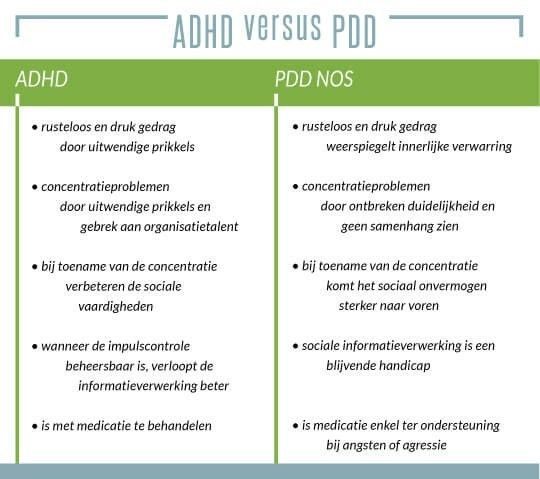 Due to the persistent language delay, children with HFA are diagnosed much earlier. In some cases, a diagnosis is changed from HFA to AS once the child is in school and other characteristics, such as cognitive and social skills, can be better assessed. Early diagnosis is important, especially for children with AS, so that they can receive the proper intervention.
Due to the persistent language delay, children with HFA are diagnosed much earlier. In some cases, a diagnosis is changed from HFA to AS once the child is in school and other characteristics, such as cognitive and social skills, can be better assessed. Early diagnosis is important, especially for children with AS, so that they can receive the proper intervention.
Level of Cognitive Functioning
It is often believed that neither AS or HFA can occur in children with IQs below 65-70, but unfortunately, that is not always the case for children diagnosed with AS. Children can be diagnosed with AS and still struggle with other cognitive impairments not directly related to autism, such as dyslexia. On the other hand, HFA is typically present in children with IQs that are average to above average. Cognitive impairments are not associated with HFA.
Even though there are differences between AS and HFA, children on the spectrum who have either diagnosis share some challenges, including being more prone to anxiety and depression, especially during early teen years.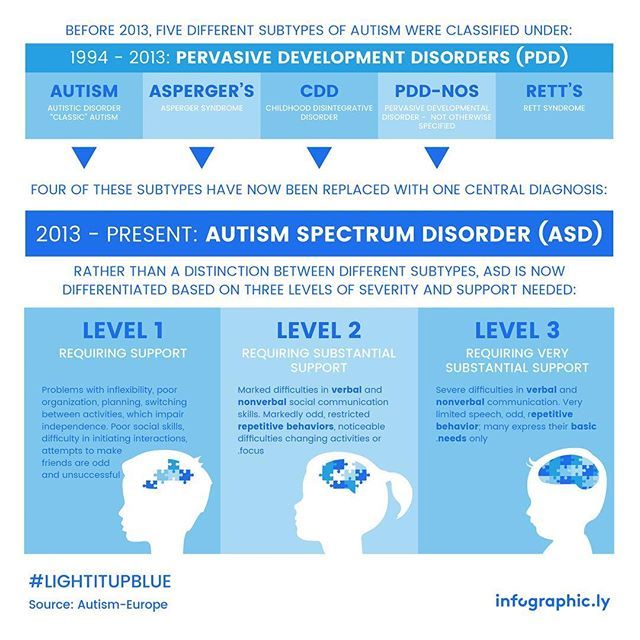 Early intervention is key. A diagnosis of autism can be very different from one child to another, and many children fall through the cracks with diagnoses like AS and HFA, because these children appear to fit typical norms, aside from a few social quirks.
Early intervention is key. A diagnosis of autism can be very different from one child to another, and many children fall through the cracks with diagnoses like AS and HFA, because these children appear to fit typical norms, aside from a few social quirks.
Understanding the differences and similarities between the two diagnoses will help doctors and specialists provide the correct interventions. Seeking help as soon as possible is the best way to ensure success for children with special needs, and having the right diagnosis and the right information allows parents to better advocate for their children. Every child deserves equal opportunity to feel safe and comfortable in their environment, and obtaining the right diagnosis is the first step.
AngelSense GPS Tracker for Autism
AngelSense is a GPS Tracker for Autism that gives parents peace of mind and children greater independence. As your child grows and wants to do more things on their own, AngelSense allows for more freedom without compromising safety.
High-functioning autism and Asperger's syndrome
Psychiatry
In psychiatric discourse, one of the least clarified issues is the difference between high-functioning autism and Asperger's syndrome. In DSM-4, a mental disorder nomenclature used in the United States and developed by the American Psychiatric Association, Asperger's syndrome was characterized by a qualitative decrease in social interaction, as well as the demonstration of repetitive and stereotypical patterns of behavior and interests, but, unlike autistic disorder, did not show a decrease in intelligence and significant impairments in speech development. However, since the 1970s, early childhood autism researchers have reported a wide variation in IQ levels among autistics, many of whom had normal or even high IQs compared to the average. For this category of people, the term high-functioning autism has begun to be widely used in psychiatric and psychological-pedagogical circles [2]. Although this term is not a clinical definition, it is widely used among specialists in order to determine where a given patient occupies in the continuum of autism spectrum disorders [3].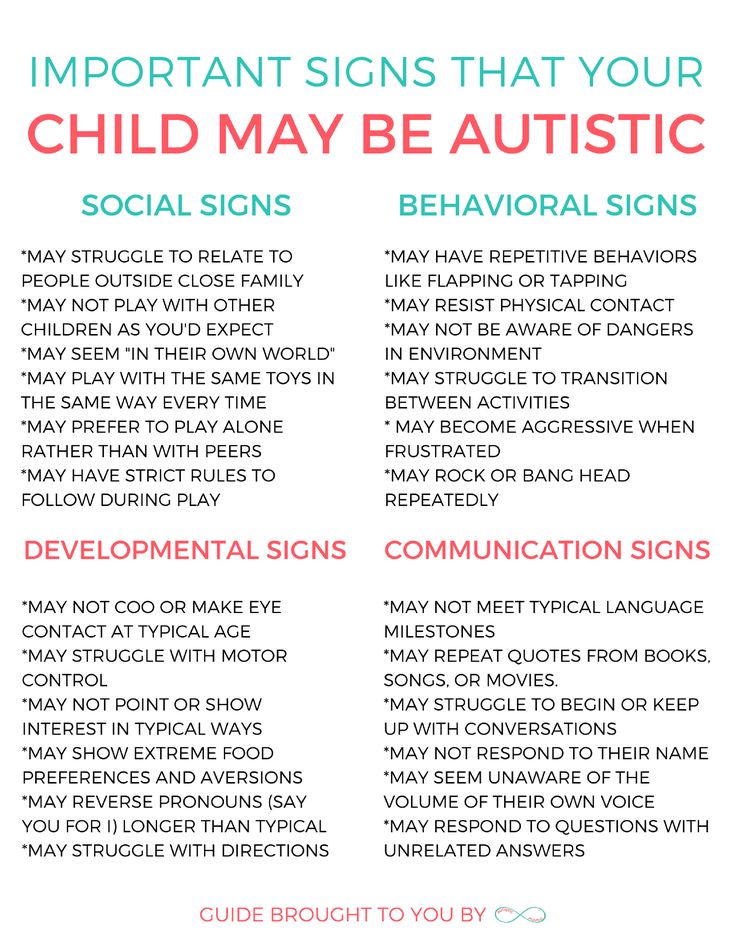 nine0003
nine0003
Some researchers define HFA as disorders characteristic of early childhood autism, but not accompanied by intellectual underdevelopment. Other experts point out that HFA is a form of autism without mental retardation, but with a lag in the development of speech in the early stages of ontogenesis. People with HFA may be diagnosed with early childhood autism at one time and Asperger's syndrome at another. In the literature, one can also find the definition of Asperger's syndrome through its description as high-functioning autism [1]. Numerous studies point to the common features of these forms of impaired development. So both conditions are characterized by varying degrees of difficulties in communication, combined with an extremely narrow range of interests, resistance to change and the presence of stereotypes in behavior. There is also an assumption that autistic disorder and Asperger's syndrome are characterized by difficulties in building a "theory of the other" (theory of mind), which, according to many researchers, is the main cognitive mechanism responsible for understanding and predicting the feelings and behavior of other people [5] .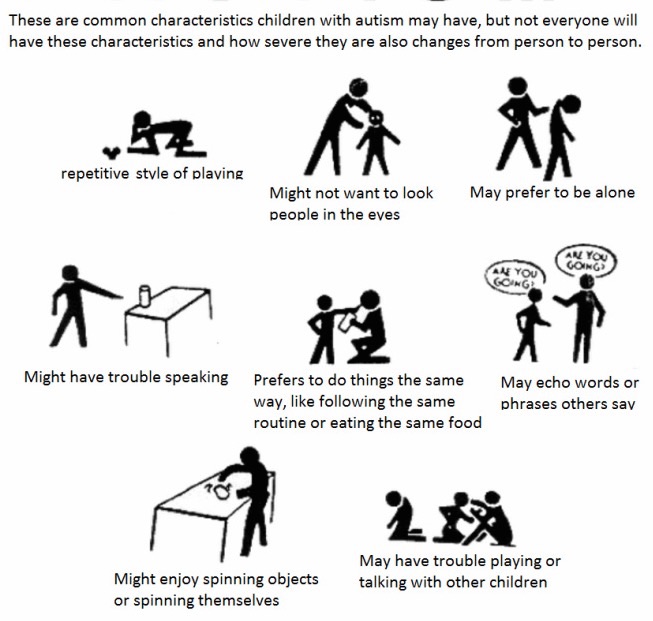 nine0003
nine0003
Research aimed at differentiating these forms of distorted development gives conflicting results. Some evidence indicates that children with HFA and children with Asperger's syndrome show differences in the performance of verbal and non-verbal tasks. So, if autistic children had difficulties in solving problems involving the use of verbal abstractions, as well as deficits in organizing functioning, then in children with Asperger's syndrome, these cognitive functions were preserved [3]. A meta-analysis by Chiang H.M. and taking into account the data of 52 studies aimed at comparing indicators of general, verbal and non-verbal intelligence in children with HFA and Asperger's syndrome, showed that the second group had better results on all three scales. In addition, in individuals with Asperger's syndrome, an uneven profile was found, consisting in the difference between the indicators of the verbal and non-verbal scales. However, the results of various studies were quite heterogeneous, in some of them no differences were found at the level of statistical significance, which suggests the presence of subgroups in both samples of individuals with HFA and Asperger's syndrome, which may differ from each other according to the above criteria and, as a result, converge according to clinical manifestations with a different nosological form [2]. In neuropsychological studies, a difference was noted in the volume of gray matter in subjects with HFA and Asperger's syndrome, which can be the basis for the official separation of these forms of impaired development. When it comes to the emotional sphere, very little research has been done in this area. Thus, in a study by Montgomery C.B., aimed at studying the functioning of the "theory of the other" in subjects with HFA and Asperger's syndrome, it was shown that there is no significant difference in the level of self-esteem in terms of the ability to empathize between the two diagnostic categories, however, subjects with Asperger's syndrome are better are able to differentiate complex emotions from the expression of other people's eyes. nine0003
In neuropsychological studies, a difference was noted in the volume of gray matter in subjects with HFA and Asperger's syndrome, which can be the basis for the official separation of these forms of impaired development. When it comes to the emotional sphere, very little research has been done in this area. Thus, in a study by Montgomery C.B., aimed at studying the functioning of the "theory of the other" in subjects with HFA and Asperger's syndrome, it was shown that there is no significant difference in the level of self-esteem in terms of the ability to empathize between the two diagnostic categories, however, subjects with Asperger's syndrome are better are able to differentiate complex emotions from the expression of other people's eyes. nine0003
In the DSM-5, diagnoses such as Asperger's Syndrome and Autism Disorder were removed from the classification and replaced by the broader concept of autism spectrum disorders, which encompasses various forms of developmental distortion [4].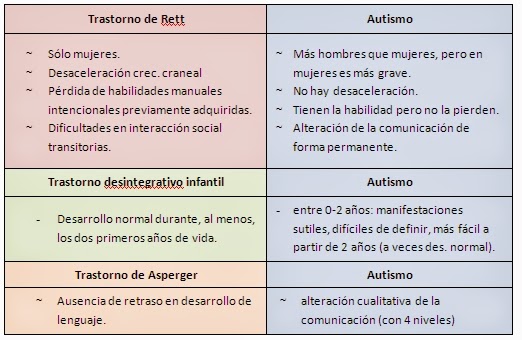 The experts who developed the ICD-11 also did not designate Asperger's syndrome as a separate nosological unit, but identified various degrees of developmental disorders in the spectrum of autistic disorders, while the main criteria for such a division are the level of intelligence and the preservation of speech functions [6]. nine0003
The experts who developed the ICD-11 also did not designate Asperger's syndrome as a separate nosological unit, but identified various degrees of developmental disorders in the spectrum of autistic disorders, while the main criteria for such a division are the level of intelligence and the preservation of speech functions [6]. nine0003
At the moment, the most likely assumption is that Asperger's syndrome and HFA represent different intervals of the same continuum - this is confirmed, in particular, by the fact that in early childhood a child may look like a classic Kanner type autist, but in adolescence it is more suitable Asperger's criteria [7]. Numerous studies pointing to statistically significant differences in cognitive, neurobiological and behavioral functioning between these groups leave the question of how legitimate it is to combine these forms of impaired development into a single category. nine0003
Sources:
- Pashkovsky VE High-functioning autism //Review of psychiatry and medical psychology.
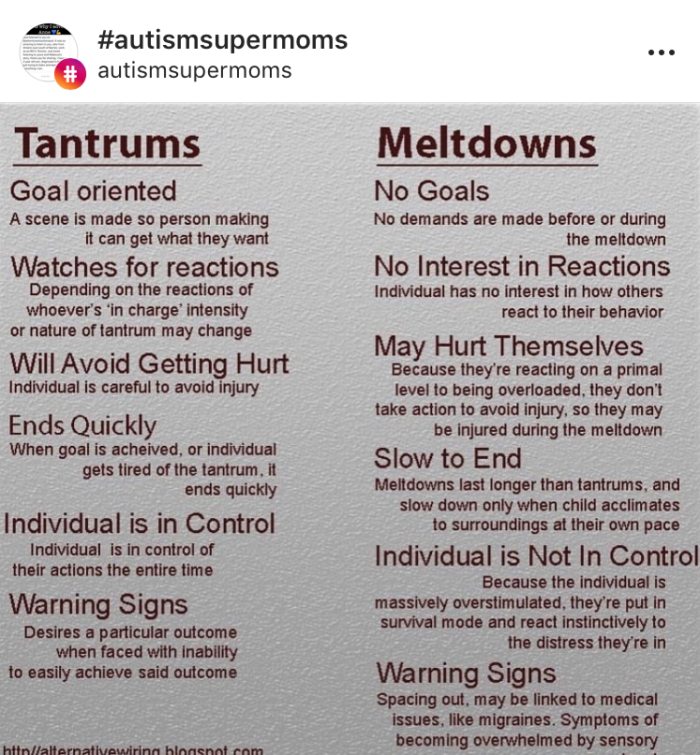 - 2013. - T. 1. - S. 16-21.
- 2013. - T. 1. - S. 16-21.
- Chiang H. M. et al. A meta-analysis of differences in IQ profiles between individuals with Asperger's disorder and high-functioning autism // Journal of autism and developmental disorders. - 2014. - T. 44. - No. 7. - S. 1577-1596.
- Bogdashina O. Autism: definition and diagnosis // Donetsk: Lebed. - nineteen99. – T. 112.
- Montgomery C. B. et al. Do adults with high functioning autism or Asperger Syndrome differ in empathy and emotion recognition? // Journal of autism and developmental disorders. - 2016. - T. 46. - No. 6. - S. 1931-1940.
- Baron-Cohen, S., Bowen, D. C., Holt, R. J., Allison, C., Auyeung, B., Lombardo, M. V., et al. (2015). The ‘‘Reading the Mind in the Eyes’’ test: Complete absence of typical sex difference in *400 men and women with autism. PLoS ONE, 10(8)
- Online: https://icd.who.int/
- Happé F. Autism: An introduction to psychological theory. - Psychology Press, 2005.
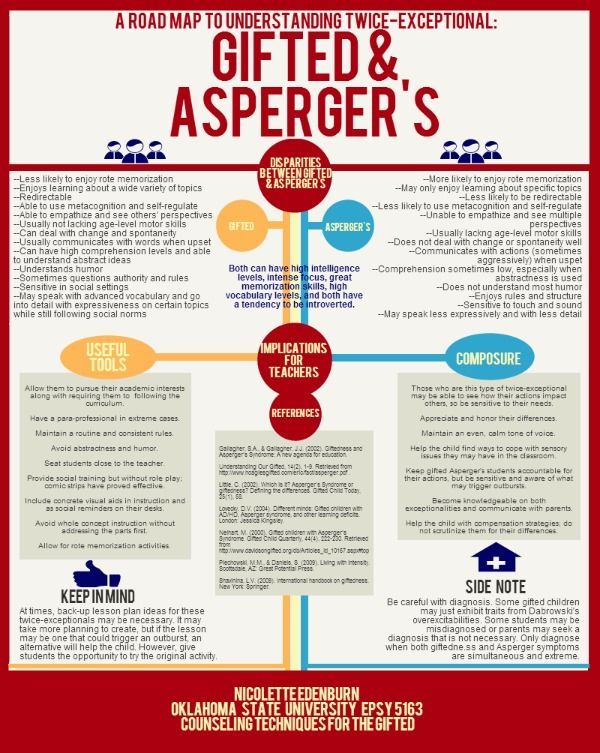
Found a typo? Select the fragment and press Ctrl+Enter.
Share on social media:
Is there a difference between Asperger's syndrome and high functioning autism
High functioning autism and Asperger's are part of the autism spectrum (autism spectrum). The main difference between the two seems to lie in the area of language: as a rule, people with Asperger's syndrome did not have speech delays in childhood. nine0003
Signs of high functioning autism and Asperger's syndrome
Gillberg and Eilers (1998) identify four main areas where the difference in diagnosis is still debated.
Level of cognitive (intellectual) functioning
Looking at Asperger's syndrome as autism without learning disabilities (including mental retardation) from the point of view of diagnosis can be useful, since on this basis it is quite easy to identify the difference. But keep in mind that Asperger noted the possible unusual circumstances in which a person with Asperger's syndrome shows signs of a learning disability. It is generally accepted that high-functioning autism cannot occur in individuals with an IQ below 65–70. nine0003
It is generally accepted that high-functioning autism cannot occur in individuals with an IQ below 65–70. nine0003
Motor Skills
In recent years, there has been growing concern about the relationship between Asperger's syndrome and additional motor difficulties. Asperger was well aware of the prevalence of motor skill problems in the group of people he was trying to describe. It is likely that most children with Asperger's syndrome have poor coordination and difficulty with fine motor skills. However, children with high functioning autism also have difficulty in these areas.
Speech development
This area seems to contain the most controversy. ICD-10 and DSM-IV establish normal speech development for the diagnosis of Asperger's syndrome. And children with high-functioning autism may experience a significant delay in language development. However, Asperger's original writings state that language and speech are key features of the condition he describes. Often, Asperger's syndrome is diagnosed in a grown child, while neither he nor his parents can remember what the speech development was like. nine0003
nine0003
Age of discovery
A person at different stages of development can be diagnosed with both high-functioning autism and Asperger's syndrome. Sometimes a child is diagnosed with HFA in early childhood, and when he goes to school, the diagnosis is replaced with Asperger's syndrome. Some diagnosticians believe that Asperger's Syndrome cannot be diagnosed before entering school. This is because the deficit in social skills is not obvious until the child has spent a lot of time in social interaction. nine0003
In summary:
- People with high-functioning autism and people with Asperger's syndrome have a "triad of impairments" that is common to all people with autism.
- The level of intelligence in both groups is likely to be average or above average.
- The debate about the need for the two terms continues.
- However, there are differences between the two conditions: deficits in motor skills and age of discovery.
While it can be frustrating to make a diagnosis that has yet to be clearly defined, it is important to remember that the manifestations of the two conditions are very similar in many ways.